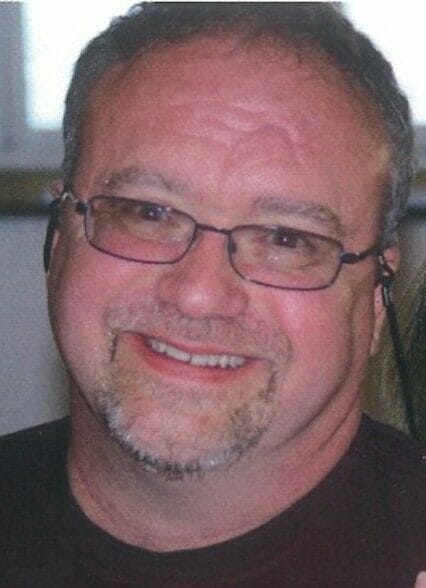It is Monday morning, and I’m sitting on my deck in Port Royal — a weathered, well-used wooden deck built one weekend by my neighbor Roy Gray. The deck now features a Solo-brand stainless steel fire pit ($249.99) and four storm-battered Adirondack chairs of indeterminate value.
This morning I’ve got a small fire in the Solo which sometimes draws neighbors and friends. But today I’m alone with my coffee (Lavazza Medium Roast), a yellow legal pad, and thoughts about the actor, William Hurt.
William Hurt died yesterday, and my fading memory involuntarily hauls me back to the 1981 when William Hurt starred with Kathleen Turner in a wonderfully dark movie called “Body Heat.” Hurt played the role of a sole (legal) practitioner in a small town that looked a lot like Beaufort.
Ned Racine practiced in a second floor walk-up office, ate chicken salad sandwiches in a diner that reminded me of Harry’s Restaurant, and employed an overworked secretary who used a manual typewriter and a rotary telephone.
And then Racine meets the voluptuous Matty Walker and his life goes into a long, erotic free-fall that takes place in a stuccoed mansion accessorized by wind chimes.
But if there is a theme in “Body Heat” it is the heat — an ever-present sauna-like heat that stuns the residents into somnambulism or, in the case of Racine, murder.
Racine’s fall into the abyss takes place gradually — actually very small steps that, at first, can be explained or rationalized or anesthetized by Evan Williams poured over ice.
But as the movie moves forward, Ned is repeatedly hit with damning news pointing to his own guilt. And he reacts to each of these events without much yelling or any tears — he is the definition of stoic. Rather Lawrence Kasdan has the camera focus on Ned’s face, actually his eyes.
And those eyes radiate a desperation almost any person — any person who has known adrenalin-enhanced fear — can readily recognize.
It’s some of the finest acting I have ever seen.
Although other films had been made in Beaufort, notably The Great Santini in 1979, The Big Chill’s arrival in 1983 put Beaufort on the map. It was the movie that showed-off Bay Street, Tidaholm, The Point and our sunset-electrified marsh.
And it was 1983 when William Hurt and his then girlfriend, Sandra Jennings, came to my office one morning seeking help with an agreement that detailed their relationship with their soon to be born son.
Because the agreement was prepared by a New York law firm, and was drafted with New York domestic relations law in mind, I could not interpret the document. Nor could I represent either of them. And I said so.
Thereafter the three of us spent a half hour talking about the movie that was being shot over at Tidaholm. That evening when I walked in the door I said to Susan, “I spent some time with Bill Hurt.”
“You know it’s getting worse.”
“What’s getting worse?” I asked.
“Your lying. Your inability to distinguish the fact from fiction. I really think you need help. Perhaps weekly counseling,” she said.
Later when I was called upon to testify — Ms. Jennings sued Mr. Hurt claiming a “common law marriage” — Susan was stunned by this uncharacteristic, momentary truth-telling on my part.
“I can’t compel you to testify,” Ms. Jennings’ lawyer said, “But we will put you up in the Plaza.”
“No,” I said. “I want to stay in the Parker-Meridien. It has a swimming pool on the 42nd floor.”
And so on one morning I swam 40 laps high above Manhattan, walked downtown to the courtroom where I testified, and was then interviewed by Maury Povich on his night-time show called “Current Affair.”
After the show, Susan and I walked over to West 67th Street and sat next to Dan Rather at Cafe’ de Artistes. And for a moment — a brief moment be sure — we were happily bathed in the purple-hued phosphorescence of American celebrity.
William Hurt’s acting made “Kiss of the Spider Woman,” “Children of a Lesser God,” and “Broadcast News” superb movies. But the ending in “Body Heat” — Racine’s discovery that Matty choreographed their love affair, engineered his conviction and faked her own death is a great bit of storytelling. Everything is revealed in the caption under her yearbook photograph — “Intends to make millions and spend her life on the beach in Bali …”
Scott Graber is a lawyer, novelist, veteran columnist and longtime resident of Port Royal. He can be reached at cscottgraber@gmail.com.






